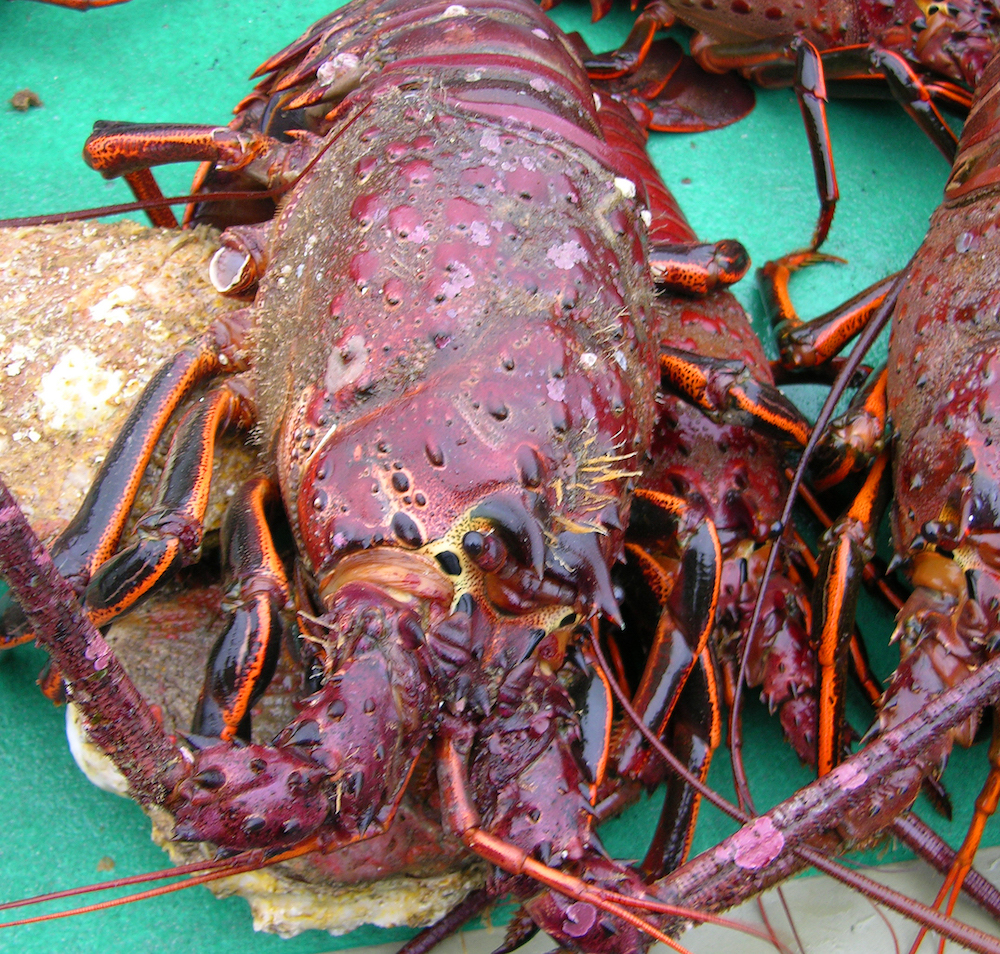Marine Watchdogs

There are several nonprofit organizations in town concerned about the health of our oceans and waterways, and a whole lot more in the county, state and nation. For Marine Watchdogs, that’s a blessing, as more focus on the ocean’s ecology benefits from collaboration, if not competition.
“Great!” said Managing Director Dave Dahl, a lifelong ocean enthusiast, scuba diver and former Navy swimmer who co-founded Marine Watchdogs with Judah Sanders, a marine biologist and teacher who is the group’s Science Director, and producer-director Gitte, who serves as Events Director. “We need more organizations. We need more community involvement because it’s a big ocean and we have a lot of problems.”
At just three years old, Marine Watchdogs is one of the more recent entries into the nonprofit field, but its founders’ history with the ocean long predates the organization’s official founding.

“The idea had been cooking for about 15 years,” Dahl said. “Judah and I had discussed ocean health and research for years. We had a lot of questions and couldn’t find answers. So we got serious about it and started filing the paperwork because we were anxious to get started on research. We wanted to do some lab testing and get some equipment and get to work.”
The research and testing angle is part of what sets Marine Watchdogs apart from some other ocean-focused environmental organizations. Seafood toxicology studies searching for contamination of local fish, examination of the zooplankton in the Santa Barbara Channel – the world’s smallest creatures – as well as surveys along the Pacific coast are among its early projects.
“We’re doing research that no one else is doing, including radiation testing and chemical testing on certain kinds of seafood that people here eat,” he said.
As part of that work, the plastics problem is a big focus for Marine Watchdogs, to combat the ever-increasing threat to the health of the ocean and its inhabitants due to the accumulation of plastic trash, which is a problem that is somehow worsening despite all the recent attention.
“About a truckload of plastic waste enters the ocean every minute of every day, and that amount is actually increasing,” he said. “It chokes the ocean more than any other type of trash. And most people don’t even realize that there’s a huge amount of plastic at the bottom of the ocean, as much as is floating on top.”
Doing something about that is a big part of Marine Watchdogs’ mission, Dahl said.
“We can’t possibly get it all out fast enough, but at the very least we want to support ways to stop using the disposable plastic that makes up the majority of our trash flow, and slowdown that stream,” he said.
As one of its programs, Marine Watchdogs maintains a database of alternatives to plastic to encourage businesses and residents to switch from plastic to biodegradable materials.
“We make that easy for them because they can check the database and see suppliers where they can order paper instead of plastic, like bamboo utensils,” Dahl said. “We want to push consumers to choose glass, choose cans, choose cartons, choose anything but plastic material whenever you can. There’s plenty of alternatives, but you have to be thinking about it and be conscious of it, be aware of it, and know where to go find it. And so we’re promoting that.”
Advocacy efforts are also among Marine Watchdogs’ work, including contacting lawmakers and other leaders asking them to support and sponsor bills to ban disposable plastic in restaurant takeout.”
“Goleta is a poster child for that, and Santa Barbara should do it, too. All the California cities should. There’s no excuse for Styrofoam clamshells and Styrofoam soup containers when we have paper options that don’t clog up the ocean. We want to actually provide value, provide resources, that can help make a difference. You can see online we have a marine conditions dashboard, streaming video, and a lot of things for people who are interested in the ocean.”
It’s all about safeguarding a healthier ocean for future generations, Dahl said. Which is why education, especially with an eye toward schoolchildren, is the third prong in Marine Watchdogs’ fork in fighting for the ocean. The organization has a number of free online games – including jigsaw puzzles, ocean-themed Concentration and coloring pages – a teacher’s kit that is perfect fit with Next Generation Science Standards, an interactive ocean-friendly self-assessment, and much more.
“We recognize that the ocean is essential to human life on Earth, and we wonder, given the rate of degradation we’ve seen over the past 50 years, what will the ocean look like 50 years from now?” Dahl said. “Our grandkids and great grandchildren are the ones who are going to inherit a world of problems and have to deal with what we’ve created by living high off the hog for a long time. They will grow up and ask, how could you let this happen? What did you do about it? We want to inspire the future marine scientists and conservationists that will have that responsibility someday, the ones who can be effective in doing something about it.”
There are many opportunities for funding Marine Watchdogs’ work, including sponsoring crucial marine research, education, and cleanup actions. Or, if a major donation is on your radar, the organization could use an upgrade of its boat to dramatically deepen its ability to do research and perform surveys.
And yes, it would most likely be ocean-friendly too, even a boat big enough to handle all the necessary equipment.
“The one obvious source of power on the ocean is wind,” Dahl said. “A sailboat would be great. Speed isn’t very important.”
Visit https://marinewatchdogs.org for more info







You must be logged in to post a comment.